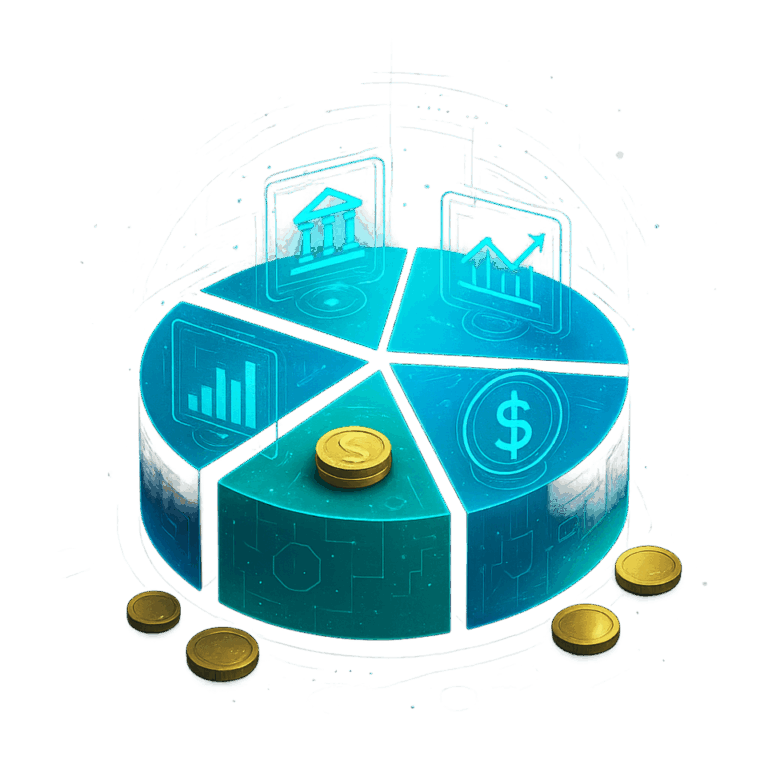Financial planning often emphasizes saving, investing, and preparing for retirement, but one of the most fundamental components of a strong financial foundation is the emergency fund. Life is unpredictable, and unexpected events such as medical bills, car repairs, job loss, or home maintenance can disrupt financial stability. Without a financial cushion, individuals may be forced to rely on credit cards, loans, or retirement savings to cover these expenses, creating long-term financial strain. An emergency fund serves as a safety net, providing peace of mind and security when unforeseen situations arise.
What Is an Emergency Fund
An emergency fund is a pool of money set aside specifically to cover unexpected expenses or financial disruptions. Unlike general savings, it is not meant for vacations, large purchases, or planned expenses. Instead, it is reserved for urgent needs that cannot be postponed. The goal is to provide immediate access to liquid cash without needing to borrow or disrupt long-term investments. Most financial experts recommend keeping these funds in easily accessible accounts such as high-yield savings accounts or money market accounts.
Why Emergency Funds Are Important
The importance of emergency funds lies in their ability to protect against financial shocks. Job loss is one of the most significant risks, as losing a paycheck without savings can quickly lead to debt. Unexpected medical expenses can also strain budgets, even for those with insurance. Home and car repairs are other common emergencies that require immediate attention. By maintaining an emergency fund, individuals can navigate these challenges without jeopardizing long-term financial goals. This financial buffer reduces stress and provides flexibility during uncertain times.
How Much Should Be Saved
The recommended size of an emergency fund varies depending on income, expenses, and personal circumstances. A common guideline is to save three to six months’ worth of living expenses. For individuals with variable income, such as freelancers or small business owners, a larger fund of six to twelve months may be more appropriate. The exact amount should cover essential costs including housing, utilities, food, healthcare, and debt payments. Building this fund gradually through consistent contributions can make the process manageable over time.
Where to Keep an Emergency Fund
Accessibility and security are the most important considerations when deciding where to keep an emergency fund. High-yield savings accounts are popular choices because they offer liquidity while generating modest returns. Money market accounts and certificates of deposit with short maturity periods are other options, though tying money up in long-term investments is generally discouraged. The priority is ensuring funds can be withdrawn quickly and without penalties when needed most.
Benefits of Emergency Funds
An emergency fund provides multiple benefits beyond covering unexpected expenses. It reduces reliance on high-interest debt such as credit cards, which can quickly spiral into financial hardship. It also protects retirement accounts by preventing premature withdrawals that could trigger taxes and penalties. Psychologically, having a financial cushion provides confidence and peace of mind, reducing anxiety about potential emergencies. For families, it ensures that children and dependents remain financially supported even during difficult times.
Challenges of Building an Emergency Fund
While the benefits are clear, building an emergency fund can be challenging, particularly for those with limited income or high expenses. Competing priorities such as paying down debt or saving for retirement may make it difficult to allocate money toward emergency savings. Inflation can also erode the value of cash over time, reducing purchasing power. To overcome these challenges, many individuals set small, consistent goals and automate savings to make progress gradually.
Emergency Funds and Long-Term Financial Planning
An emergency fund is not an isolated financial tool but a key part of long-term planning. It works in tandem with insurance, investments, and retirement savings to create a balanced financial strategy. By protecting against short-term disruptions, it allows long-term assets to grow uninterrupted. It also enhances financial resilience, enabling individuals to take calculated risks such as career changes, business ventures, or investments without fear of immediate financial ruin.
Conclusion
An emergency fund is a cornerstone of financial security, offering protection, flexibility, and peace of mind. By covering unexpected expenses without relying on debt or disrupting long-term plans, it ensures stability in uncertain times. While building and maintaining an emergency fund requires discipline and planning, the benefits far outweigh the challenges. For anyone serious about financial independence, establishing an emergency fund should be one of the very first steps toward creating a strong and resilient financial foundation.



